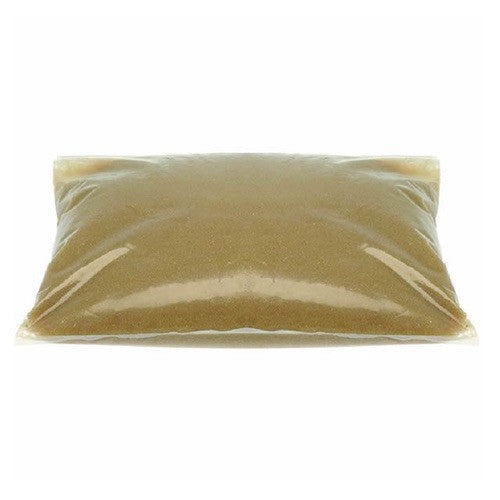Water Softener Resin
Aquatell’s water softener resin selection is designed to restore performance, improve efficiency, and extend the lifespan of your softening system. Whether you're replacing depleted media or upgrading to a higher-quality resin, our carefully curated options deliver dependable hardness removal, long service life, and consistent water quality. Explore trusted residential and commercial-grade resins to keep your system running at peak performance.



